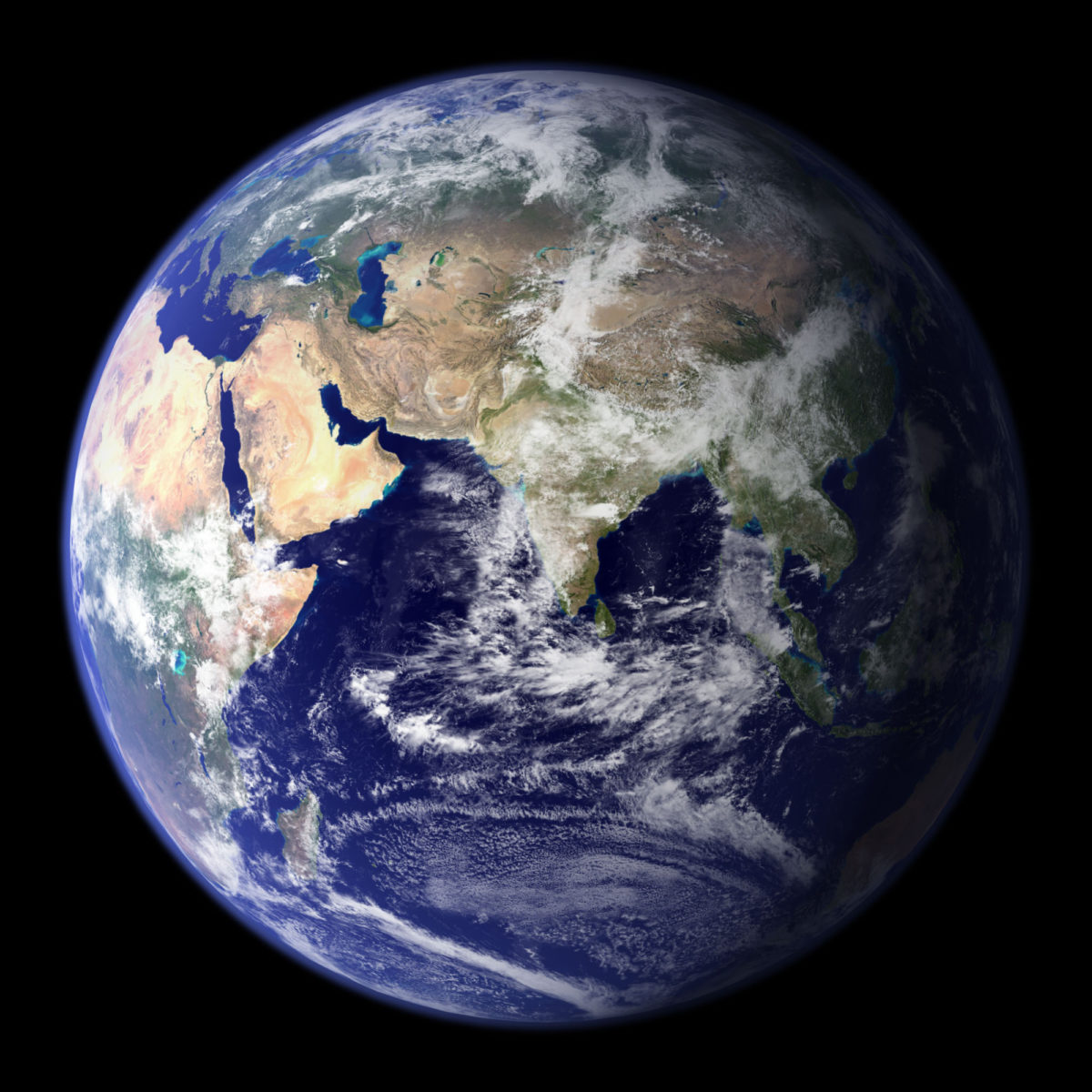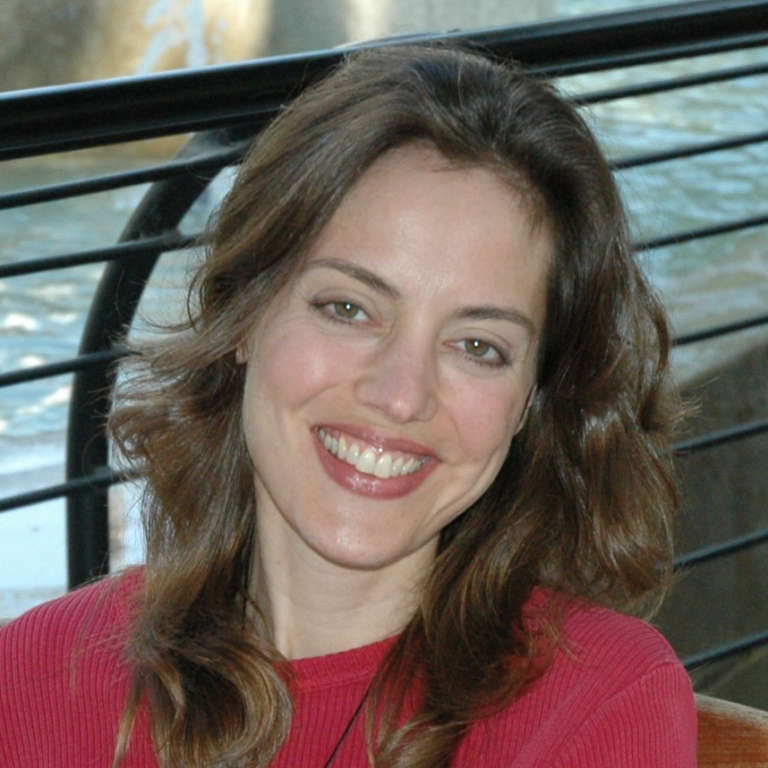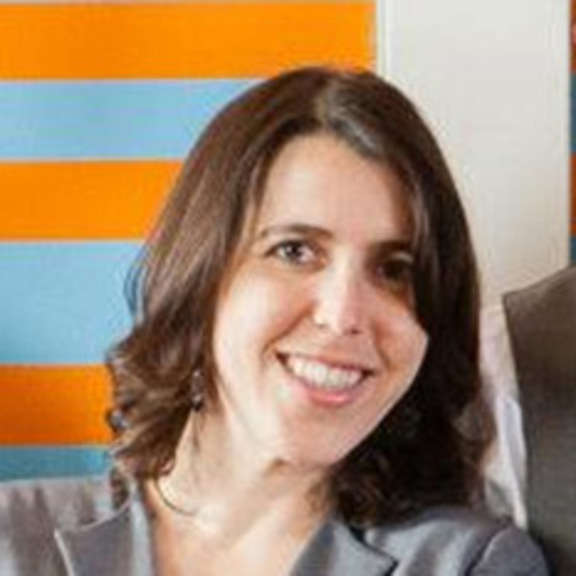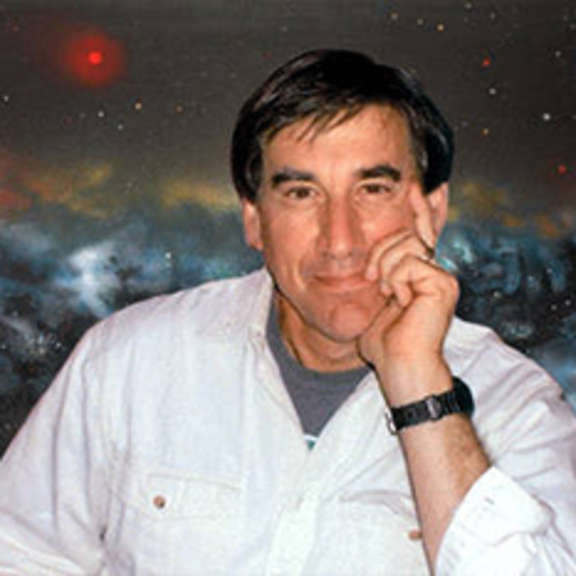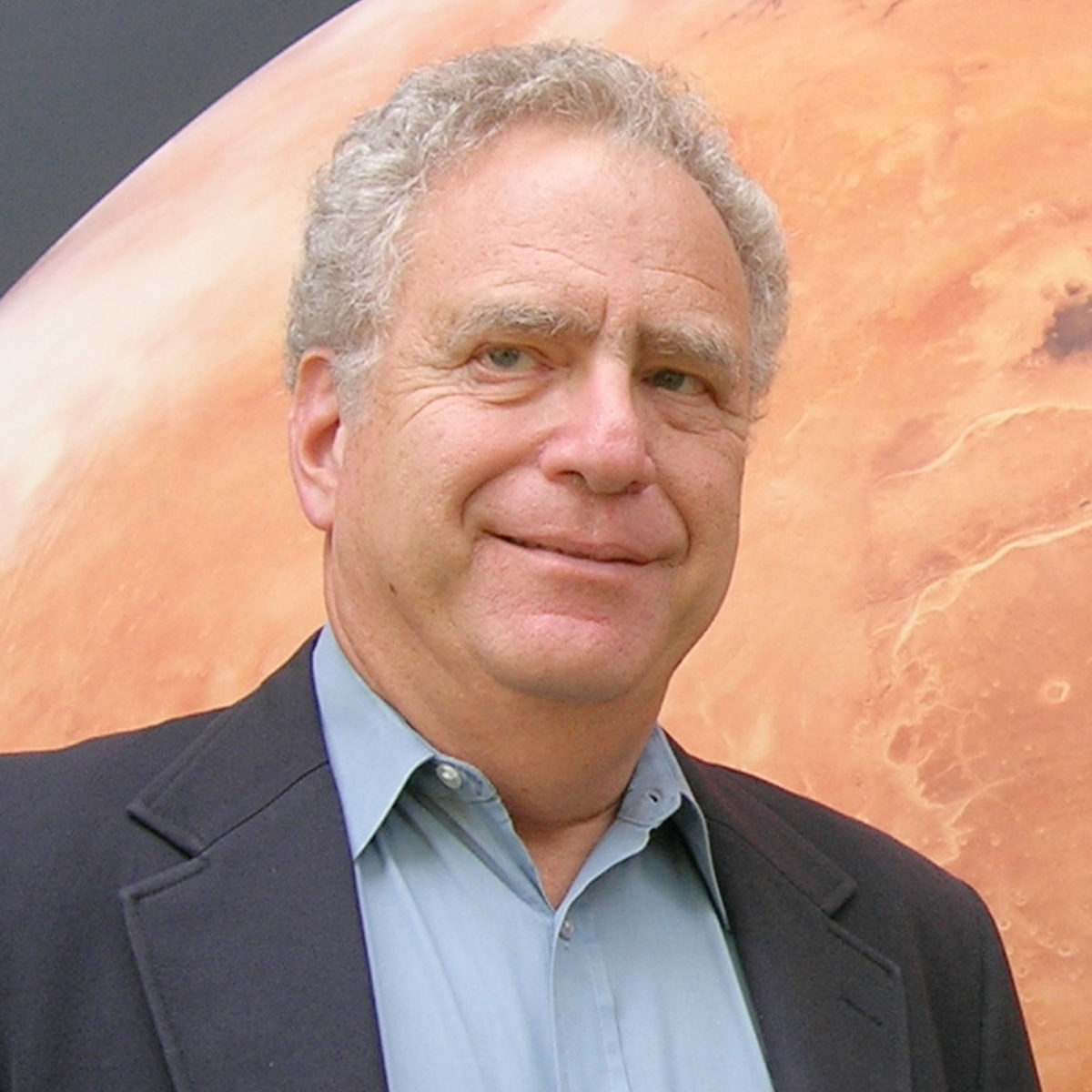Since 2002, Planetary Radio has visited with a scientist, engineer, project manager, advocate, or writer who provides a unique perspective on the quest for knowledge about our Solar System and beyond. The full show archive is available for free.
Search Planetary Radio
Harvard’s Henry Lin led work that determined the soon-to-be-launched James Webb Space Telescope may be able to detect an alien civilization by analyzing its atmosphere.
In his 55 years as NBC’s space correspondent, Jay Barbree has won the respect and friendship of many astronauts. Neil Armstrong stands above them all. Now Jay has created this very personal chronicle about his friend, with help from Neil and many of the other pioneering spacefarers.
LightSail, the Planetary Society’s innovative solar sail cubesat, will ride into space on the huge SpaceX Falcon Heavy, now in development. Bill Nye and others join us for a live celebration of this announcement.
There’s so much we don’t know about the origin of life here or anywhere else in the universe. But there must have been an energy source. Researcher Laurie Barge led work that simulated the natural formation of a fuel cell that may have taken place in Earth’s primordial oceans.
Planetary Radio visited Spacefest in Pasadena to talk with planetary scientist and space artist Dan Durda, Marc Rayman of the Dawn asteroid mission, and a guy who calls himself the Space Cowboy. We also eavesdrop on Apollo 17 Commander Gene Cernan and his lifelong fan, Griffith Observatory Curator Laura Danly.
You may have heard that the sometimes deadly Salmonella bacterium becomes stronger in microgravity. Cheryl Nickerson tell us about this and other results her team has conducted in low Earth orbit.
Take a spacecraft that can no longer survey the realm of galaxies and repurpose it to discover thousands of much nearer asteroids and comets. Put it to sleep for 2.5 years, then wake it up and start discovering even more! JPL’s Amy Mainzer is Principal Investigator for NEOWISE, the mission using this amazing space telescope.
What a long, wonderful trip it has been for Spirit and Opportunity, the Mars Exploration Rovers. Planetary Society reporter A.J.S. Rayl has been writing about their adventure every month for ten years. She looks back on this week’s show.
Alyssa Rhoden studies Jupiter’s moon Europa…from a distance. She, many other scientists and millions of space exploration fans around the globe want to see a mission to this ice world that hides a vast, warm ocean. That’s why she and several colleagues have created Destination: Europa, and they want your help.
The successful launch of MAVEN was covered by Mat Kaplan, Bruce Betts and Emily Lakdawalla, with special, launch site reports from Jim Bell and Bill Nye.
A burst of laser light could let humanity know it is not alone in the universe. Harvard’s Paul Horowitz and Curtis Mead will give us an update on the technological wonder of Optical SETI that watches the entire sky for billionth of a second pulses from the stars.
Casey Dreier tells the winding tale of Plutonium 238, the radioactive isotope that is vital for exploration of the solar system. The US came dangerously close to exhausting its supply. Even with production restarted, there are major challenges facing explorers.
Juno Principal Investigator Scott Bolton reviews the spacecraft's Earth flyby and previews its long stay at our solar system's king of planets.
Carl Sagan’s longtime artistic collaborator, Jon Lomberg, designed the cover for the Voyager Interstellar Record. Now he wants to upload another message from Earth to New Horizons, the spacecraft on its way to Pluto.
“Starship Century—Toward the Grandest Horizon” is the new collection of fact and fiction assembled by Gregory and James Benford. The brothers are among the leaders of a renaissance in research and thinking about interstellar travel. They have returned to Planetary Radio to talk about this story of human destiny among the stars.
Only days after Voyager 1 reached interstellar space, forward thinkers met in Houston, Texas to consider how humans can become a starfaring species. Planetary Society Emeritus Executive Director Lou Friedman reports from the meeting.
They might be happy if one in ten of the projects they fund makes it in the real world…because that project just might change the world. We talk with Jay Falker, Program Executive for the NASA Innovative Advanced Concepts Program about 12 crazy and not so crazy ideas that have just received early seed funding.
If you’re willing to accept the premise, the thrilling new independent feature film presents one of the most scientifically and technically accurate tales ever put on screen. We’ll talk with the director and producer, and then ask science advisor Kevin Hand for a reality check.
There’s a place to go when you find a space rock headed our way, or headed any which way. Tim Spahr directs the Minor Planet Center, the global clearinghouse for all information about asteroids, comets and other relatively small bodies like moons.
A Planetary Radio double header includes a visit with CosmoQuest’s Pamela Gay. She and colleagues are working to replace vital federal funds for science education and citizen science programs. We also go to the dark side with David Carnahan of NanoLab, developer of carbon nanotubes that may help us discover Earth-like planets.


 Explore Worlds
Explore Worlds Find Life
Find Life Defend Earth
Defend Earth





